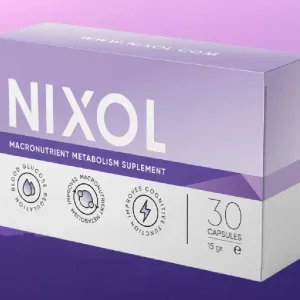
The use of non- or low-calorific sweeteners in sweet baked products faces technical challenges, especially with regard to texture and is not viable enough to replace sugar, according to a study conducted by a team of Italian researchers.
The study, titled ‘About the use of different sweeteners in baked goods. Influence on the mechanical and rheological properties of the doughs’, analysed the effects of the presence of different sweeteners on the rheological and mechanical characteristics of doughs for baked goods.
The research found that non-calorific sucrose substitutes, such as sucralose, aspartame, and stevia among others, had negatively impacted the rheology and texture of the doughs, when compared to those which contained sugar.
The research team, led by Manuela Mariotti from the University of Milan, Italy, said that the products produced with alternative sweeteners were firmer, more resistant to tensile forces and less thick than the doughs containing sucrose.
As the use of alternative sweeteners, especially high-intensity sweeteners, do not provide the same sucrose functionalities – sweetening, bulking, binding, texturing, fermenting – bulking agents need to be added.
Sugar (sucrose) is one of the important sweeteners widely available and most commonly used by the food industry in baked goods as it provides sweetness without any flavors.
The food industry has expressed a growing interest in using low-calorie sweetners such as sucralose, aspartame and stevia in recent years, as a result of consumer demand for low-calorie products.
The study was published in LWT – Food Science and Technology.
Image: The study found that non-calorific sucrose substitutes negatively impacted the rheology and texture of the doughs, when compared to those which contained sugar. Photo: Lauri Andler (Phantom)






